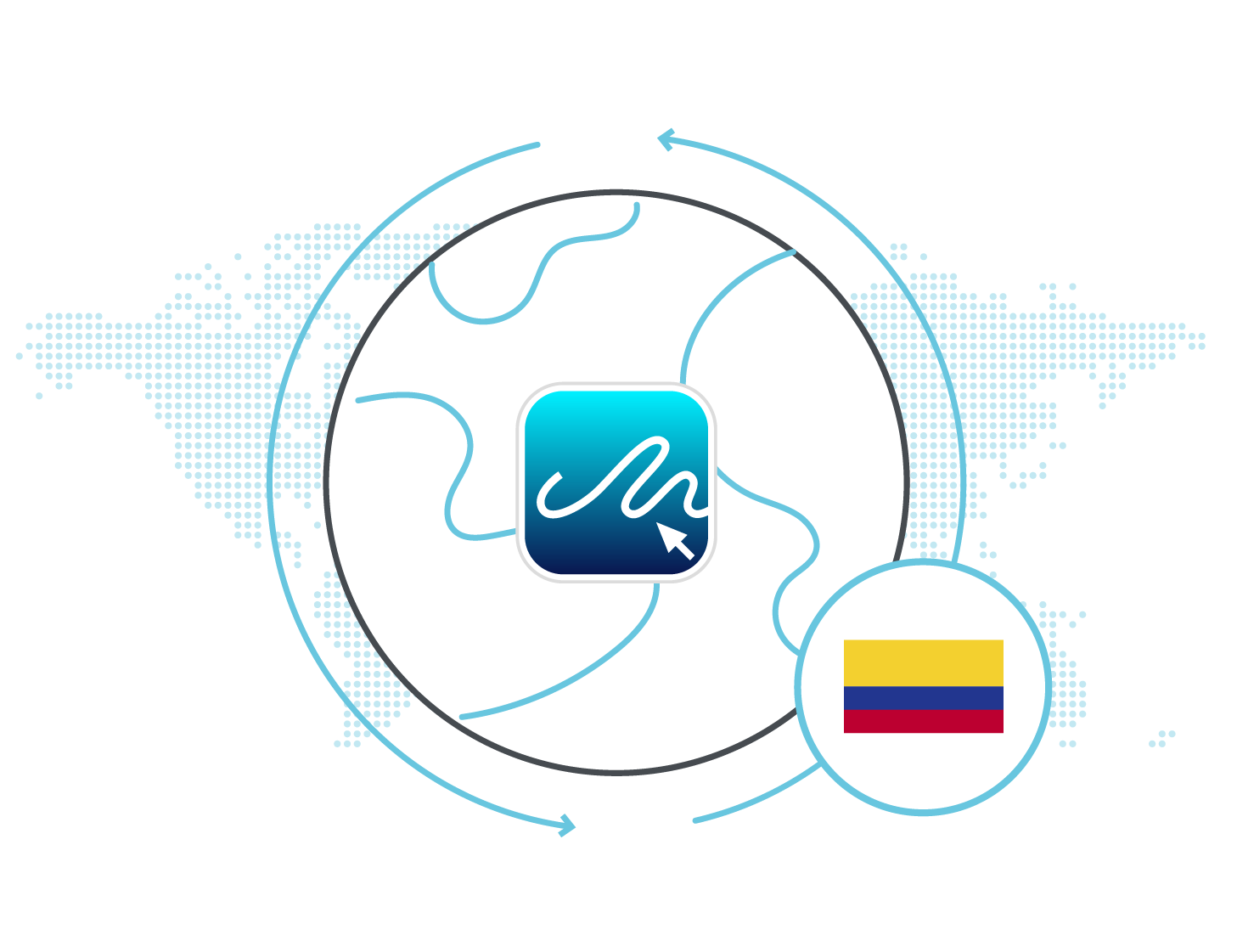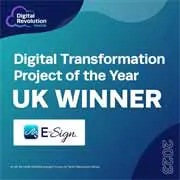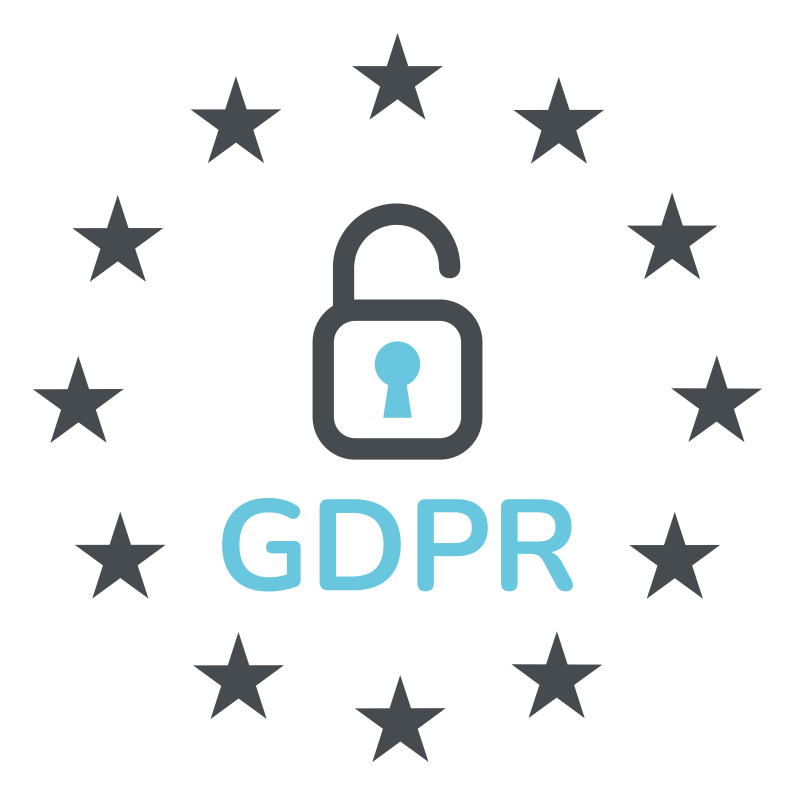The Legality of eSignatures in Colombia
Explore the legality of electronic signatures in Colombia and the laws and regulations that govern their use.

Trusted By
Are eSignatures Legally Binding in Colombia?
Documents that can be signed electronically
Generally in Colombia, any document can be signed by hand or electronically, there are no specific requirements for electronic signing, as long as the signature meets the definitions set out below.
Electronic signature guidance
An e-signature can have the same legal weight and validity as a handwritten signature if the signature is deemed to be reliable and appropriate. A digital signature is presumed to be valid as these signatures are accredited by the Colombian entity (the National Accreditation Organism ONAC). ONAC has a directory of entities that are accredited to provide certificates for digital signatures. Also, further laws and directives can apply to the use of electronic signatures by government authorities and specific regulators, or by private individuals acting in a public capacity or engaging with the authorities or regulators.
Types of e-signature permitted in Colombia
Colombian law characterises an electronic signature as a reliable and suitable method for identifying a person within a data message. For an e-signature to be legally valid and enforceable, it must ensure the identification of the signer and enable the detection of any alterations made to the data message after the signature has been applied.
A digital signature is a numeric value that is added to a data message, it uses a known mathematical procedure applied to the text of the message using the signer’s password. It determines that such value was obtained exclusively using the signer’s password and the message has not been altered after the digital signature procedure. Digital signatures are verified through a certificate issued by an authorised certification entity.
Notable legality changes since 2020
There were two law updates in 20201. Decree 526 regulates the use of electronic signatures in contracts, enabling them to be validly signed with digital or electronic signatures. Additionally, Law 2121 regulates remote work and enables employees who work remotely to sign documents using digital or e-signatures.
Publicly Accessible Links to Laws/Regulations Discussed
Disclaimer
The content provided on this website is meant for general informational use only and does not constitute legal advice. Legal regulations on this topic can evolve rapidly, so E-Sign does not ensure that the information presented here is always up-to-date or accurate. If you have particular legal concerns regarding any details on this site, it is recommended that you consult with a licensed attorney in your jurisdiction.
Last Updated 9th October 2024




























